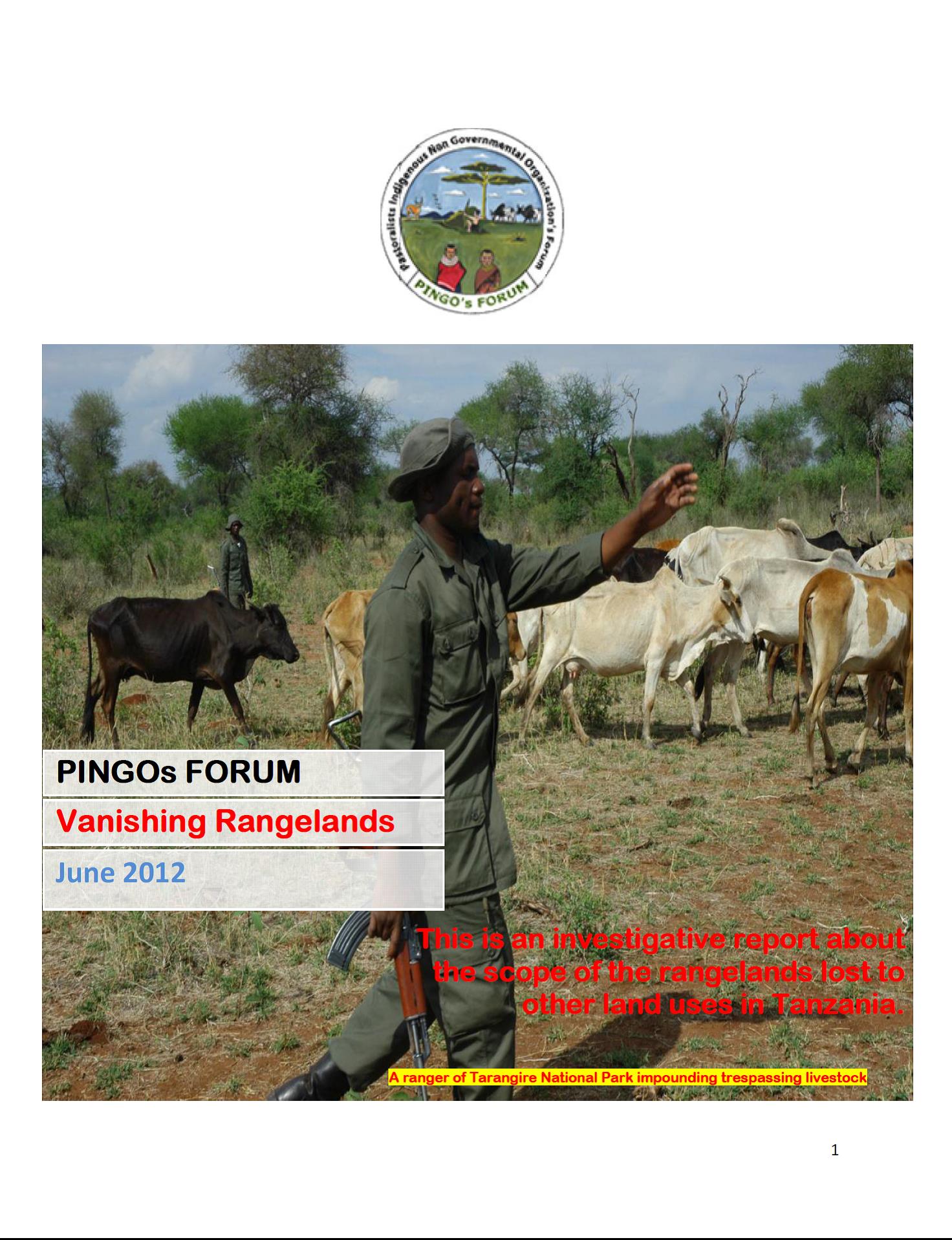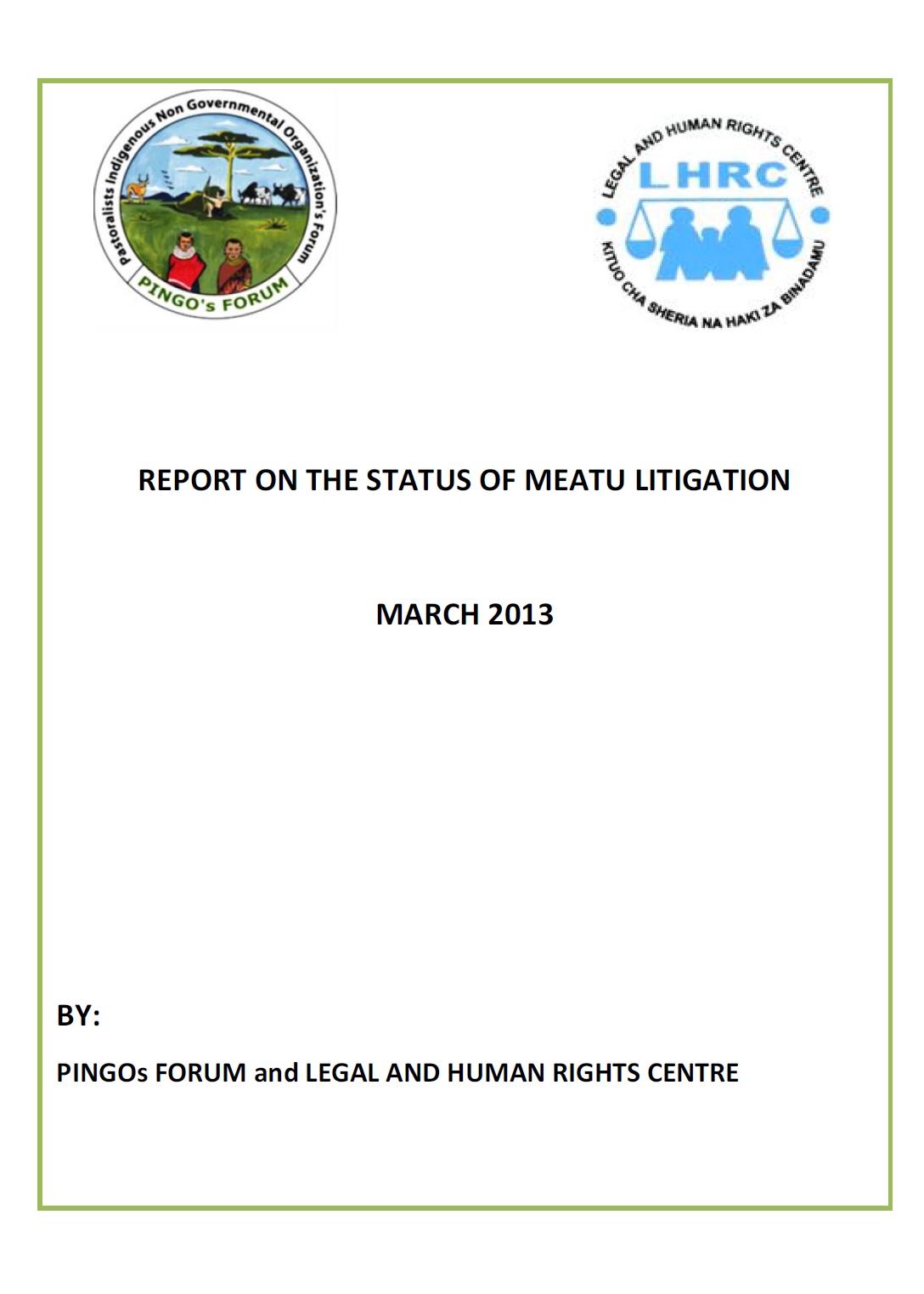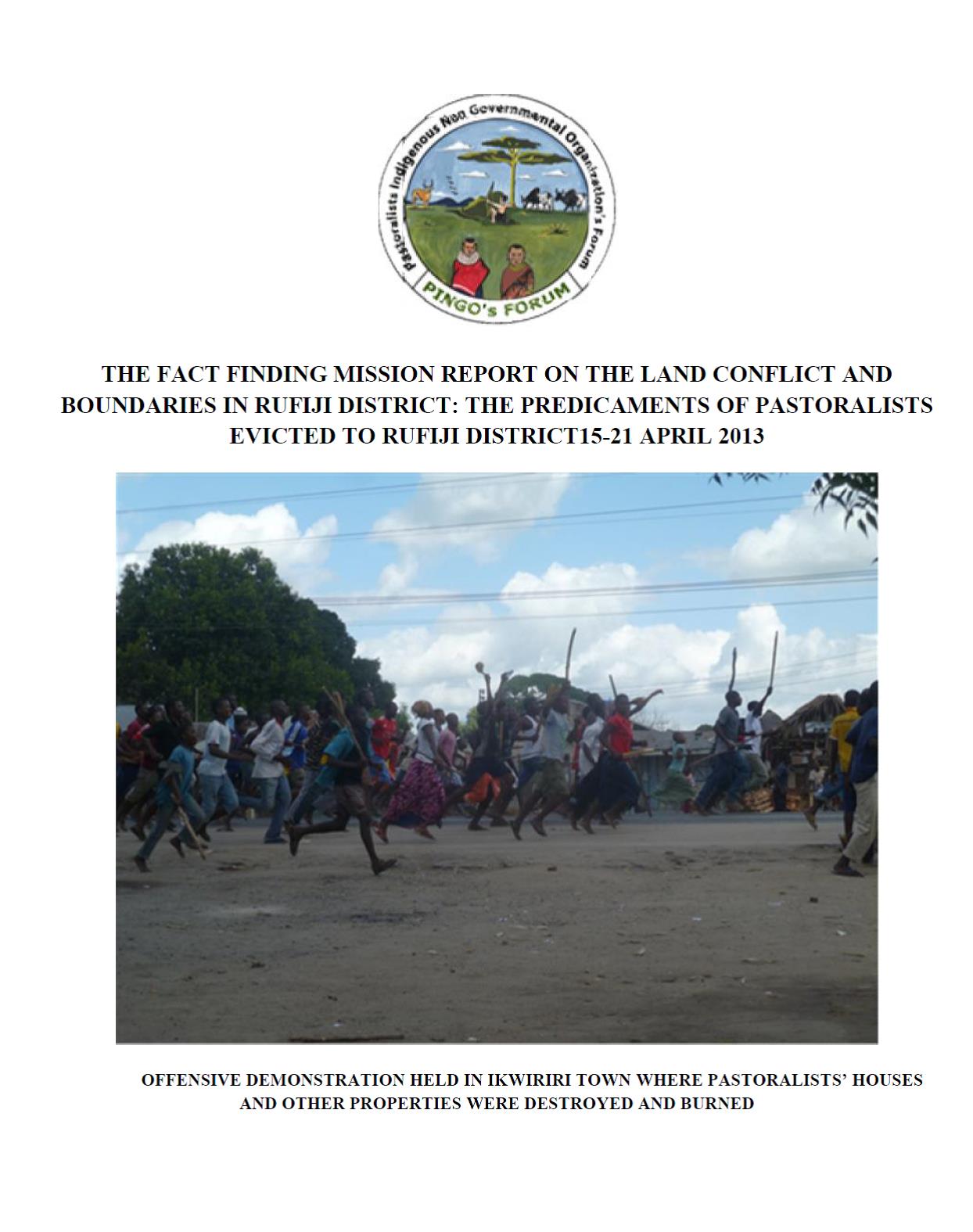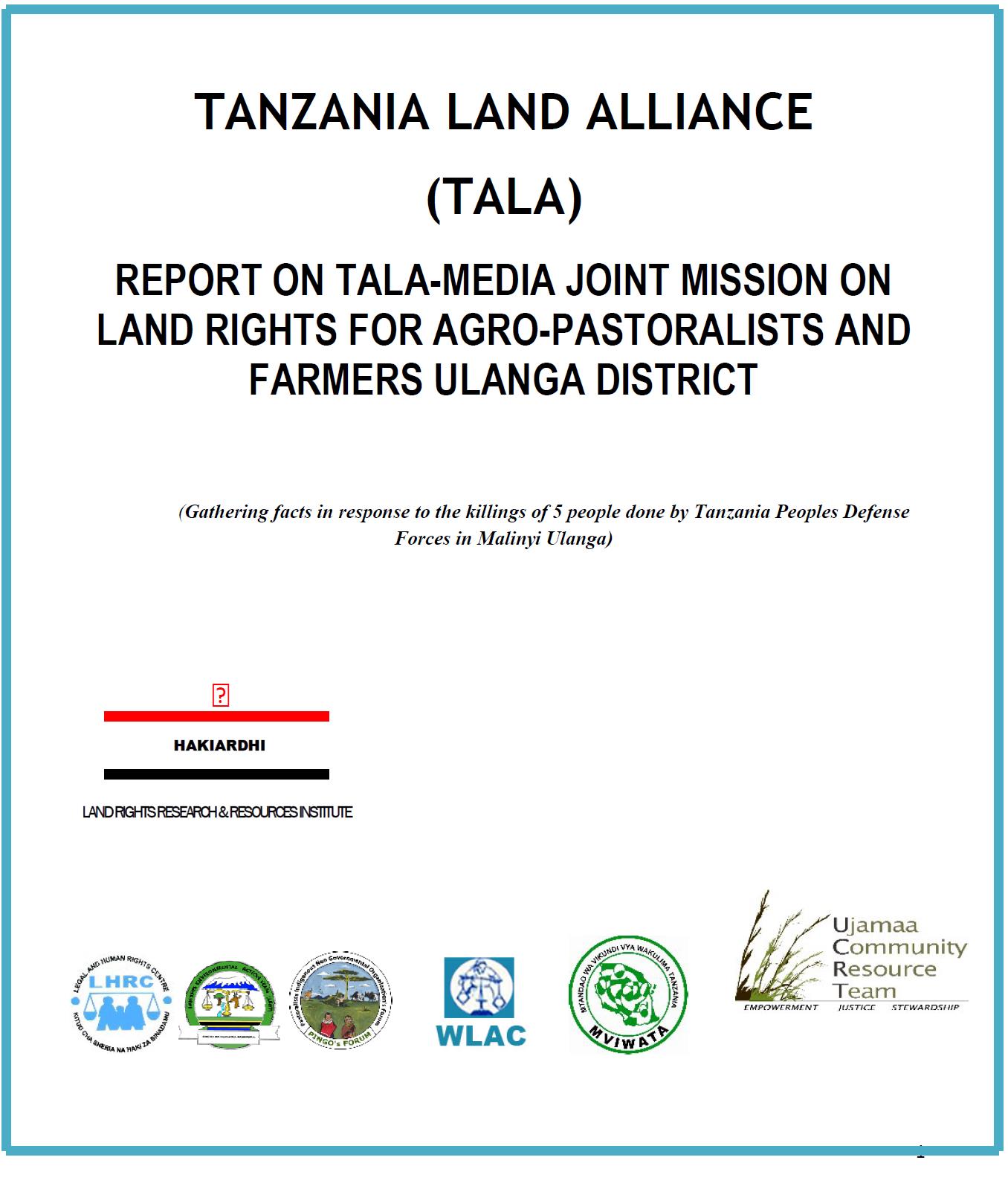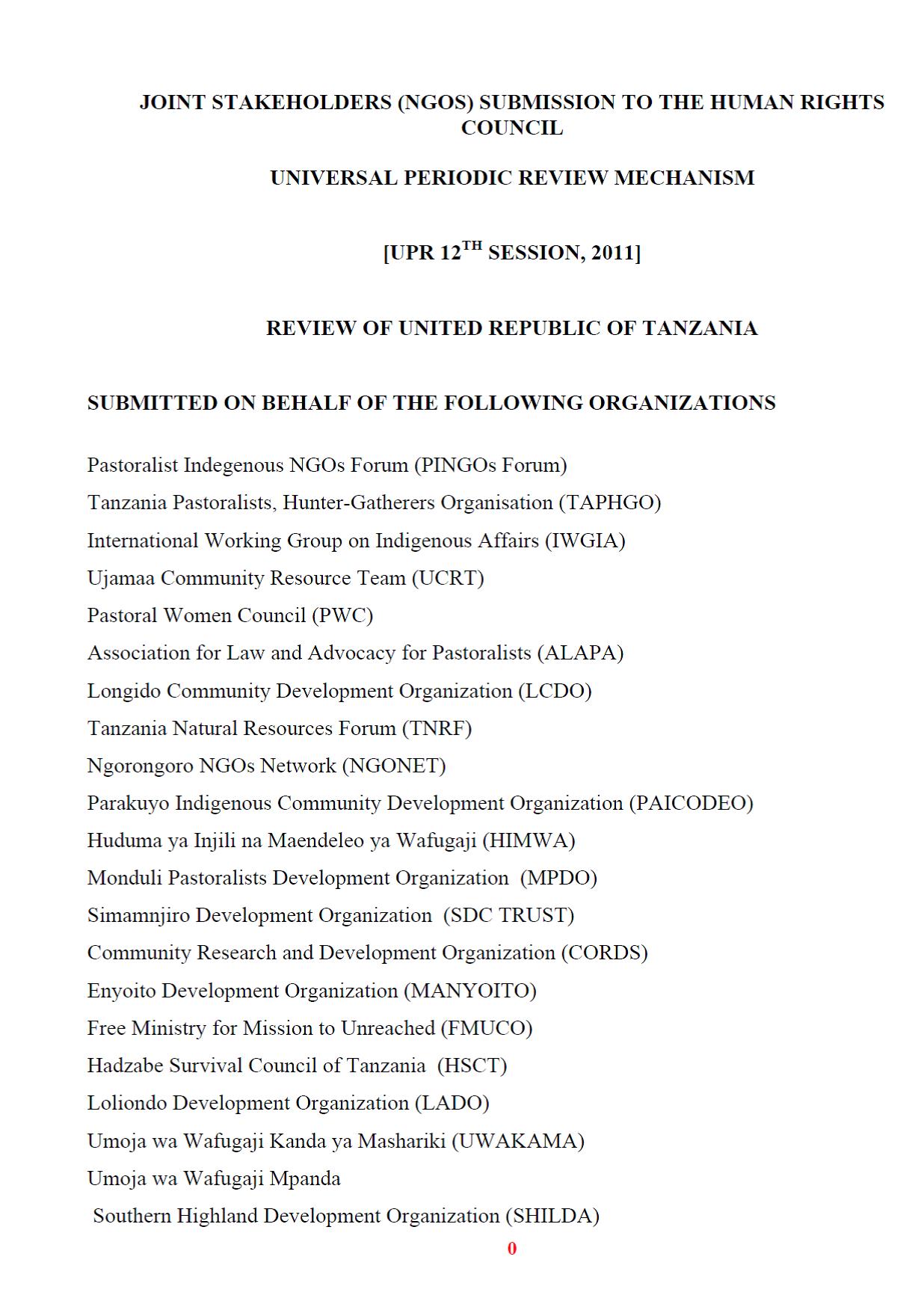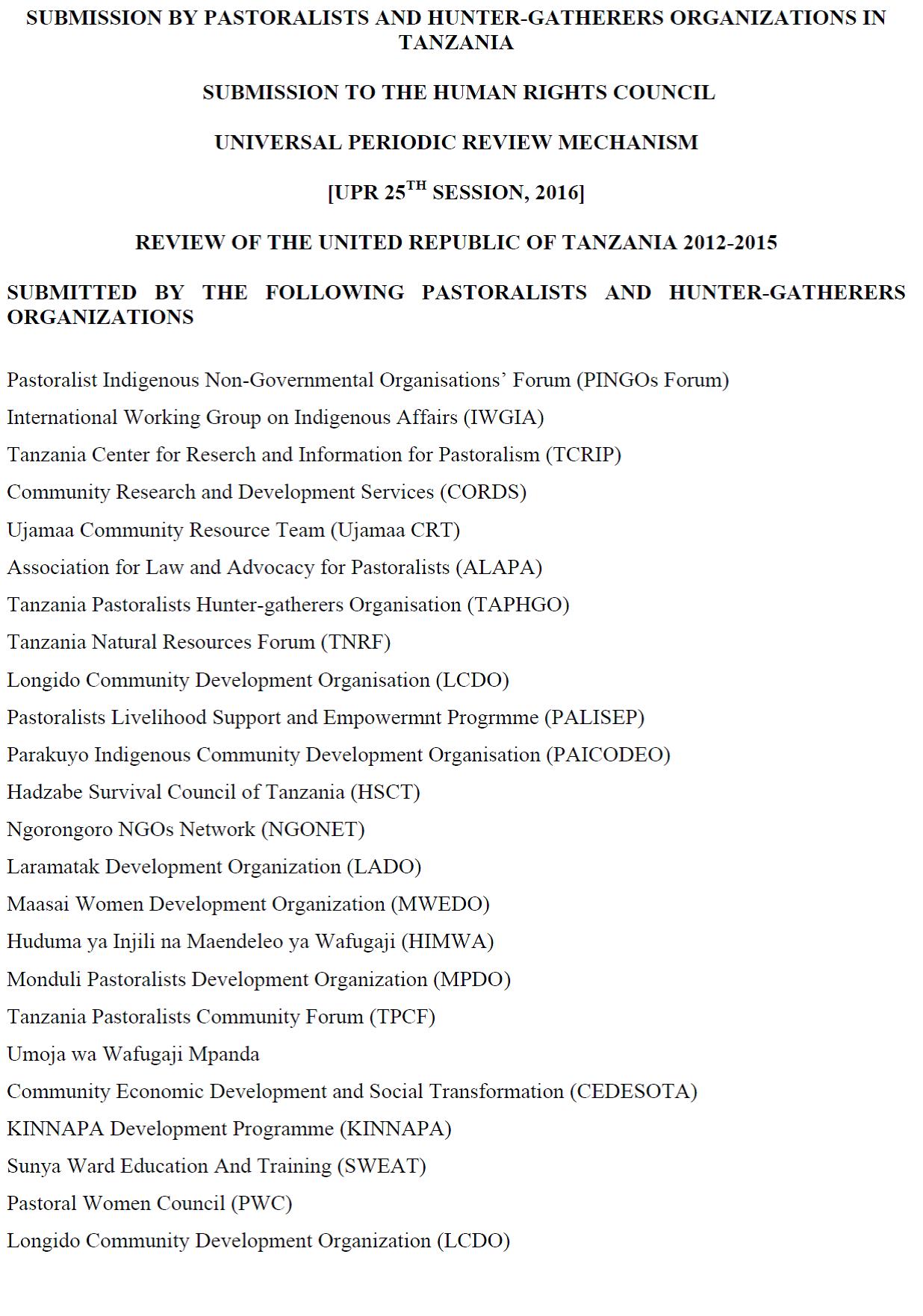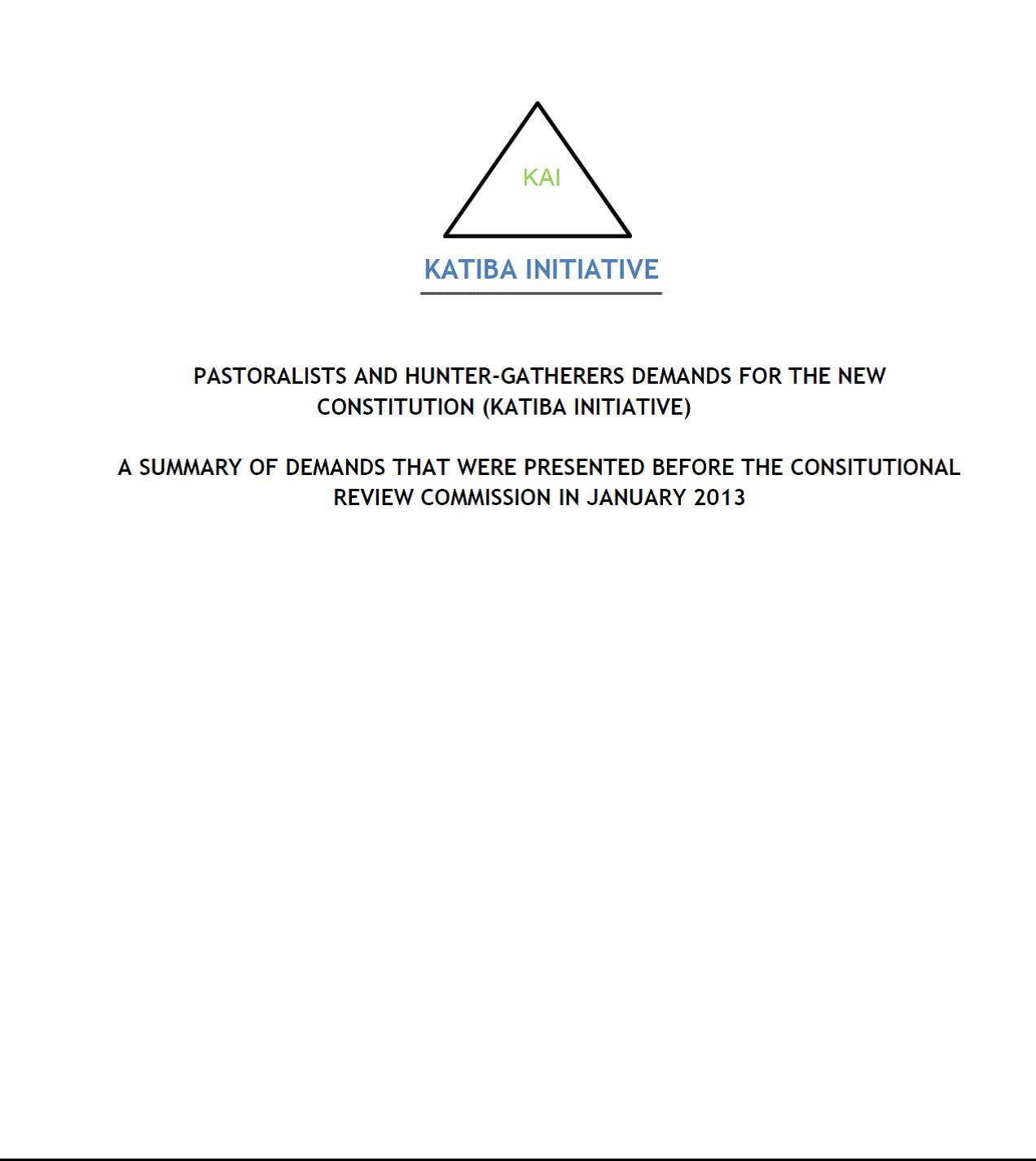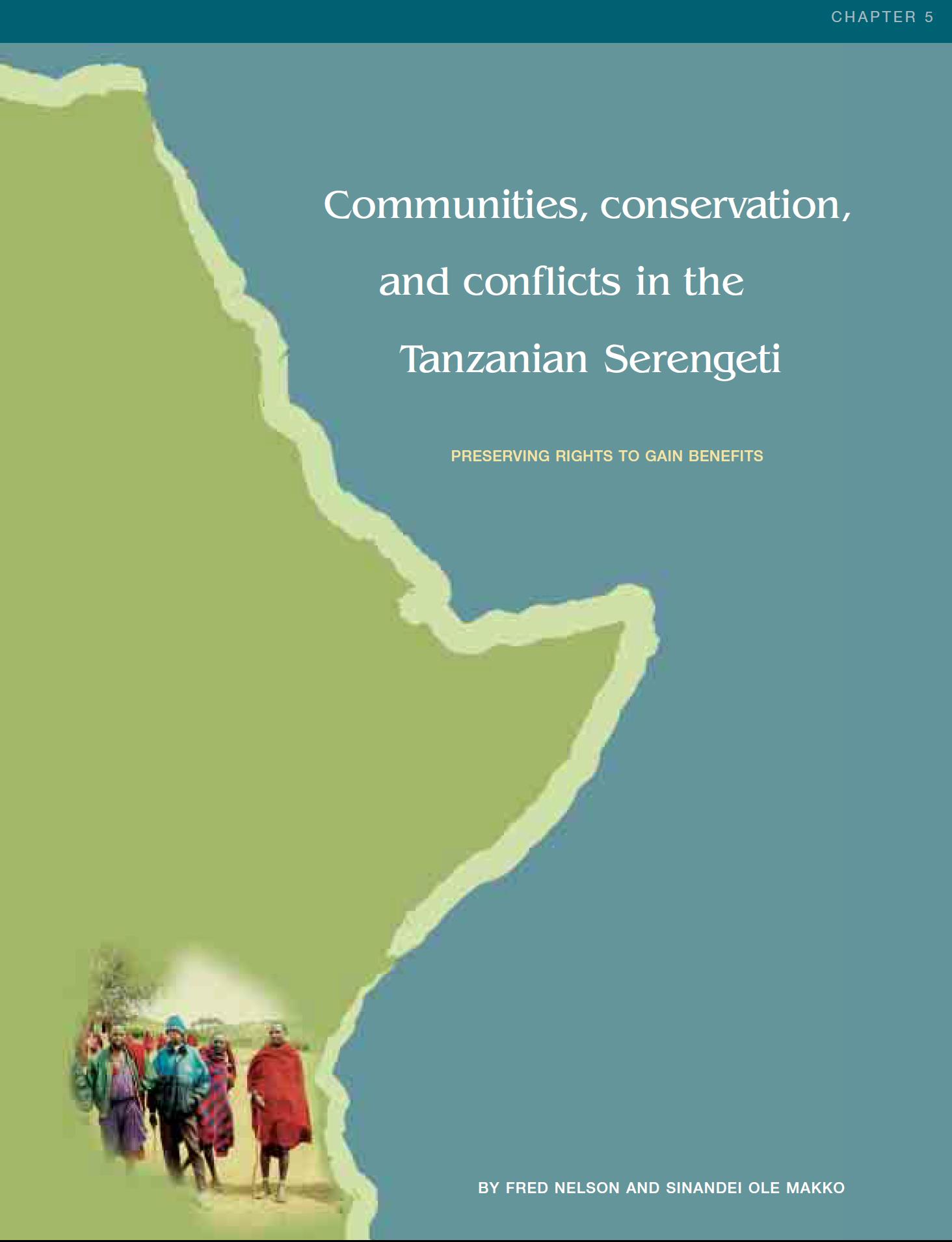Vanishing Rangelands
The primary aim of this study is to investigate the size of the range lost to other forms of land uses. This will support the argument that it is time to reconsider the pastoralists sector as a legitimate mode of production in the country which, like other sectors, deserve due priority.

